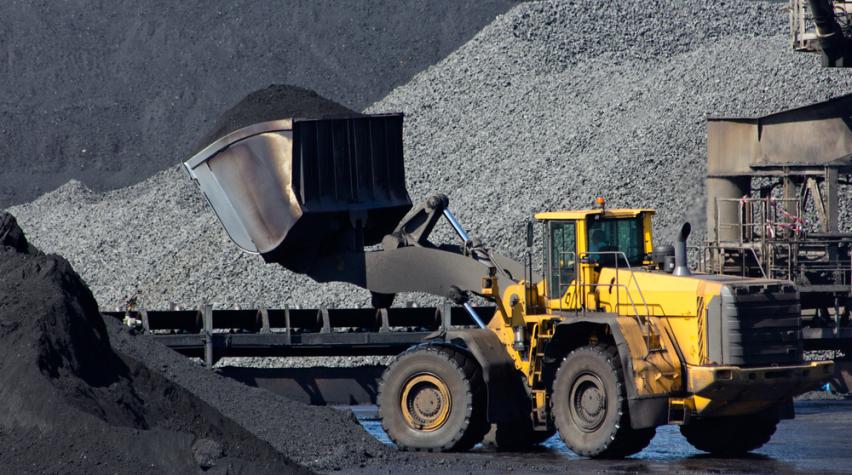
Geologists from the Hebei University of Engineering in Handan, China have devised a plan to extract the lithium previously discovered in coal deposits in the northern part of the South China Sea. Areas in the Songliao Basin, Yin'e Basin, and the Qiangtang Basin have also been found to contain abundant oil and gas resources in 2011. If the metal is successfully extracted and distributed throughout the country, the cost of lithium production could be significantly reduced.
Lithium is popular in the battery and electronic sectors due to its lightweight nature, excellent energy density, and relatively high voltage. Our favorite smartphones, tablets and many other portable electronic gadgets are powered by lithium-ion batteries. These batteries are preferred since they are lighter and take up much less space than other technologies of the same capacity.
This is a positive step towards a greener use of coal. We already know that the blackish-brown sedimentary rock is the most abundant fossil fuel in the United States. Coal is the go-to choice as a source of energy for generating electricity in the world. The researchers are hopeful that these coal deposits could be a principal source of lithium for the country.
Identification process
Before attempting to separate the metal, the lithium metal atoms must be identified and differentiated from the rest of the organic particles. One of the methods proposed by the team is inductively coupled plasma mass spectrometry (ICP-MS), a type of mass spectrometry aimed at detecting metals and several non-metals at concentrations as low as one part per quadrillion (10^15). This is achieved by combining a high-temperature ICP torch with a mass spectrometer. The ICP torch converts the atoms of the elements in the samples to ions. These ions are then separated and detected by the mass spectrometer.
After identifying the lithium ions, the team hopes to extract the valuable metal with sulfur sintering the ash and acid leaching the metal from the mixture to create the lithium carbonate. The scientists expect to recover at least of 60% of the metal with this method. The advantage of the sintering process is that the temperature does not need to be raised to the metal's melting point in order for the favorable result to be obtained.
The irony
Although the use of coal has been discouraged by many due to its negative environmental impact and non-renewable nature, the team has offered an ironic twist towards using the fossil fuel for a cleaner, economic, and efficient cause. "This progress will promote the green and efficient application of coals and would be a benefit to the lithium-demanding industry," the team reported in a press release earlier this month. The project is currently at the laboratory scale, and is in the process of receiving funding from interested parties.
For more information, check out the team's article published in Volume 9 of The International Journal of Oil, Gas, and Coal Technology.


